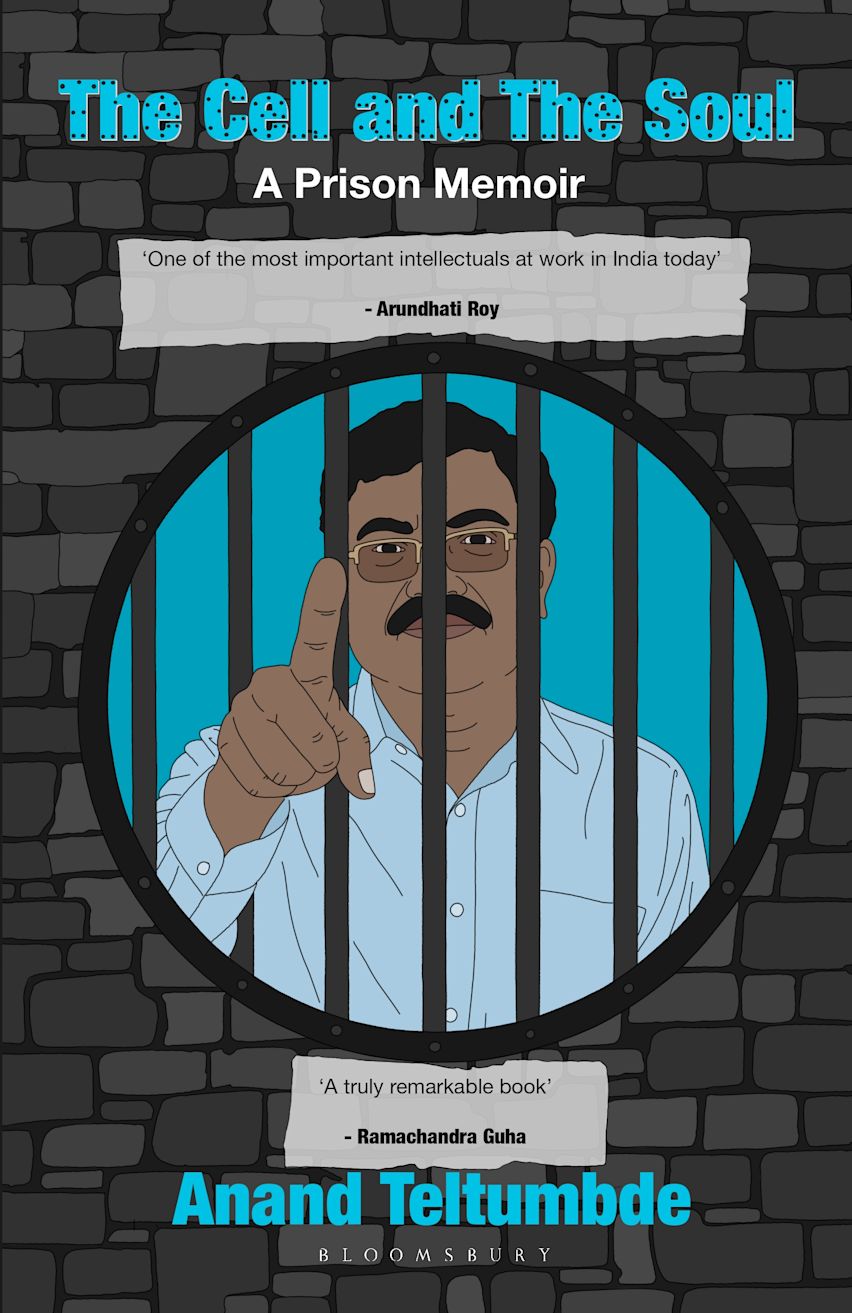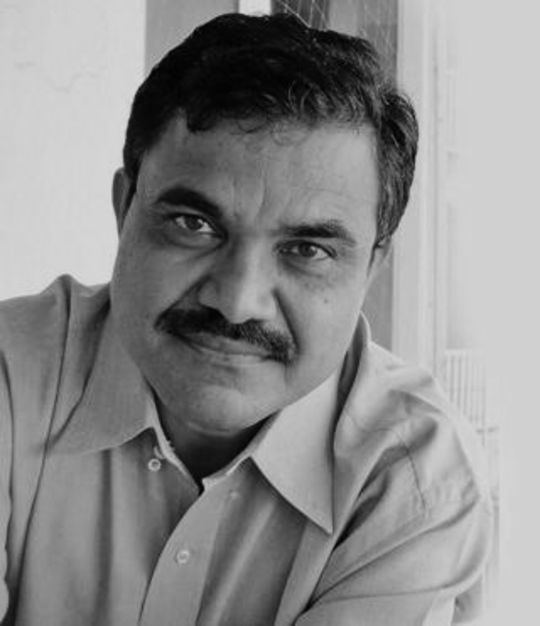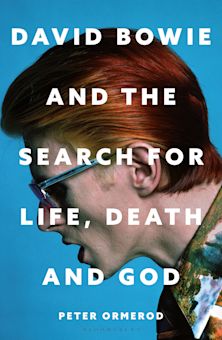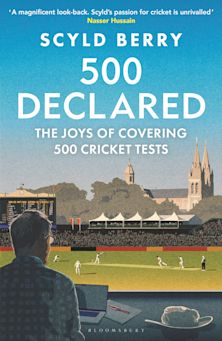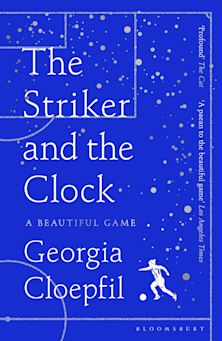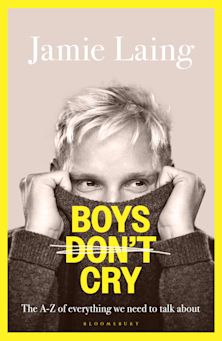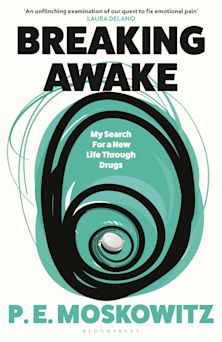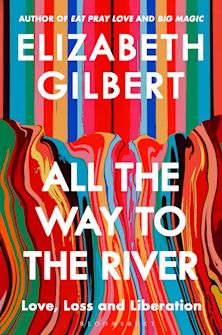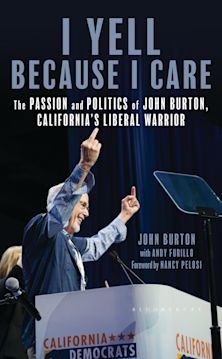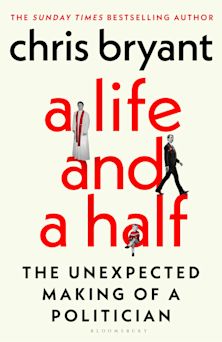- Home
- NON-FICTION
- Biography & Memoir
- The Cell and the Soul
You must sign in to add this item to your wishlist. Please sign in or create an account
Description
Noted social activist Anand Teltumbde entered the Taloja Central Prison as accused number 10 in the Bhima Koregaon case and spent 31 months as an undertrial until he was released on bail. As an intellectual who was stripped of his freedom, he lays bares the chilling realities of India's prisons in his gut-wrenching prison memoir. Part memoir, part diary, Cell and the Soul is a descent into the heart of India's carceral state, ripping open the belly of the beast-the prison industrial complex-and exposing the brutal, pulsating injustice within.
From the echoing silence of his cell, Teltumbde writes of a heartless state that criminalises dissent with political imprisonment, of the relentless grind of injustice, and the profound cost of speaking truth to power. His prison writing is but a synecdoche for thousands of nameless, faceless undertrials who languish in India's jails.
This is a raw, unvarnished testament of a man incarcerated for his convictions, a powerful indictment of a democracy devouring its own. Rare is writing so tender and searing it dares us to confront the darkness within each of us and seek our own freedoms.
Product details
| Published | 06 Sep 2025 |
|---|---|
| Format | Hardback |
| Edition | 1st |
| Extent | 256 |
| ISBN | 9789369521883 |
| Imprint | Bloomsbury India |
| Dimensions | 216 x 138 mm |
| Publisher | Bloomsbury Publishing |
About the contributors
Reviews
-
Anand Teltumbde is one of the most important intellectuals at work in India today. He is one of the few who takes on the bigotry of caste and the depredations of big capital that reinforces both caste and class. His arrest and incarceration only underlines how important he is and how much we need him.
Arundhati Roy
-
This is a truly remarkable book, at once a richly textured personal memoir and an absorbing (if also chilling) ethnography of life in jail, with finely sketched portraits of prison staff and prisoners, many from subaltern backgrounds. Beyond what it tells us about life in prison, the book is deeply insightful about the amorality of the Indian state, the complex nature of Ambedkarite politics, the precarious position of Dalits and Muslims, and much else. Written with a rare courage and intellectual clarity, the author gives us a searingly honest indictment of an India “where destroyers of the nation become deshbhakts and selfless servers of people become deshdrohis”.
Ramachandra Guha
-
What do you do if you are summarily put behind bars on false charges while you are busy reading, writing, teaching and trying to better a flawed world? If you are Anand Teltumbde, you make notes, you talk to people and discover their stories, and you analyse the judicial system in which law-keepers break laws with impunity and casual injustice goes by the name of justice. The Cell and the Soul gives us an intimate view of prison life, its lingo, its relationships, its human bonds and its hierarchies which, as in the outside world, are good for the rich and powerful and often tragic for the disempowered.
When Anand Teltumbde, the renowned academic, writer and social activist finds himself suddenly thrown into Taloja prison as a “dreaded anti-national terrorist”, he overcomes the initial shock to comprehend his new world of hardened and newbie criminals, with its class hierarchies and economics, the built-in sadism of the system and the humanity of its inmates to give us this memoir of crystal clear analysis, deep human feeling and sheer narrative power that holds us from prologue to epilogue and leaves us with fundamental questions about justice and democracy.Shanta Gokhale
-
Anand Teltumbde's memoir of his years in prison is an incisive, and deeply moving, archive of the contradictions of life behind those high walls. Equally, it is a conversation that bridges the world he was forced to inhabit and the one he left behind, and his profound realisation that the world inside is only a cruel microcosm of the outside. Within both exist the unresolved ethical quandaries of power, justice and freedom. By collapsing this boundary, Anand also brings to life ideals of kindness and sharing that human beings everywhere are capable of. An intent listener, he receives all that courts, policemen, inmates, activists, lawyers, colleagues, friends and family have to say and turns these dialogues into a dispassionate interrogation of society. And yet, this is no dry account of distressing truths. It is also figuratively a book of songs. And of stories. Stories of loss, compassion, protest, anger, dejection, hope and relief.
T.M. Krishna











